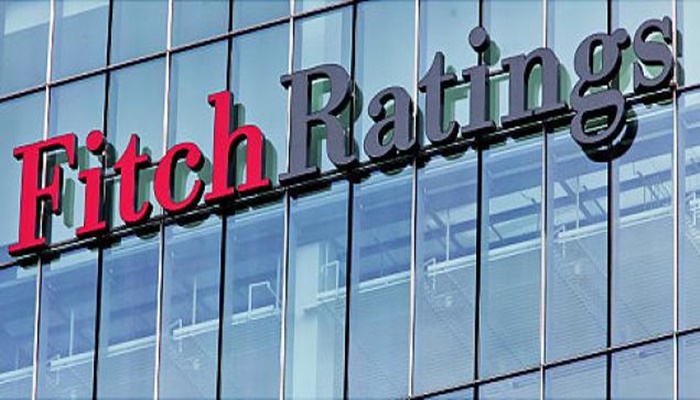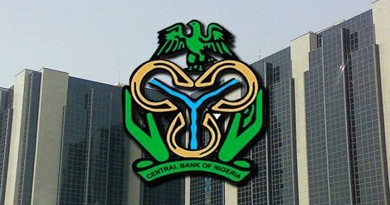Fitch: Nigerian bank results put spotlight on capital weakness
The latest round of results announced by Nigerian banks highlights capital weakness in the sector, with some mid-sized and small banks particularly vulnerable to deteriorating asset quality, Fitch Ratings says.
According to Fitch Ratings, headline capital adequacy ratios (CARs) are under severe pressure from inflated foreign-currency risk-weighted assets following last year’s devaluation of the naira and increasing impaired loans as the economy struggles with lower oil prices.
Several banks are not provisioning fully for their impaired loans, meaning that their underlying capital position is weaker than indicated by their CARs.
Full provisioning would leave some banks close to the minimum regulatory requirement. We have analysed the sensitivity of selected banks’ CARs to 50% and 100% rises in their end-2016 impaired loans, assuming full provisioning.
While most of the larger banks would still meet regulatory capital requirements, several others would fall short in one or both of the stresses.
CARs have held up for most of the nine Fitch-rated Nigerian banks that have released 2016 results, helped by strong retained earnings on substantial revaluation gains and foreign-exchange trading income following the naira devaluation.
However, we believe all banks’ ability to maintain CARs above the regulatory minimum will depend to a large extent on asset quality, which continues to face significant downward pressure given the highly volatile operating environment in Nigeria (B+/Negative).
Heightened liquidity risk from limited access to foreign currency is a further contributor to pressure at almost all Nigerian banks.




